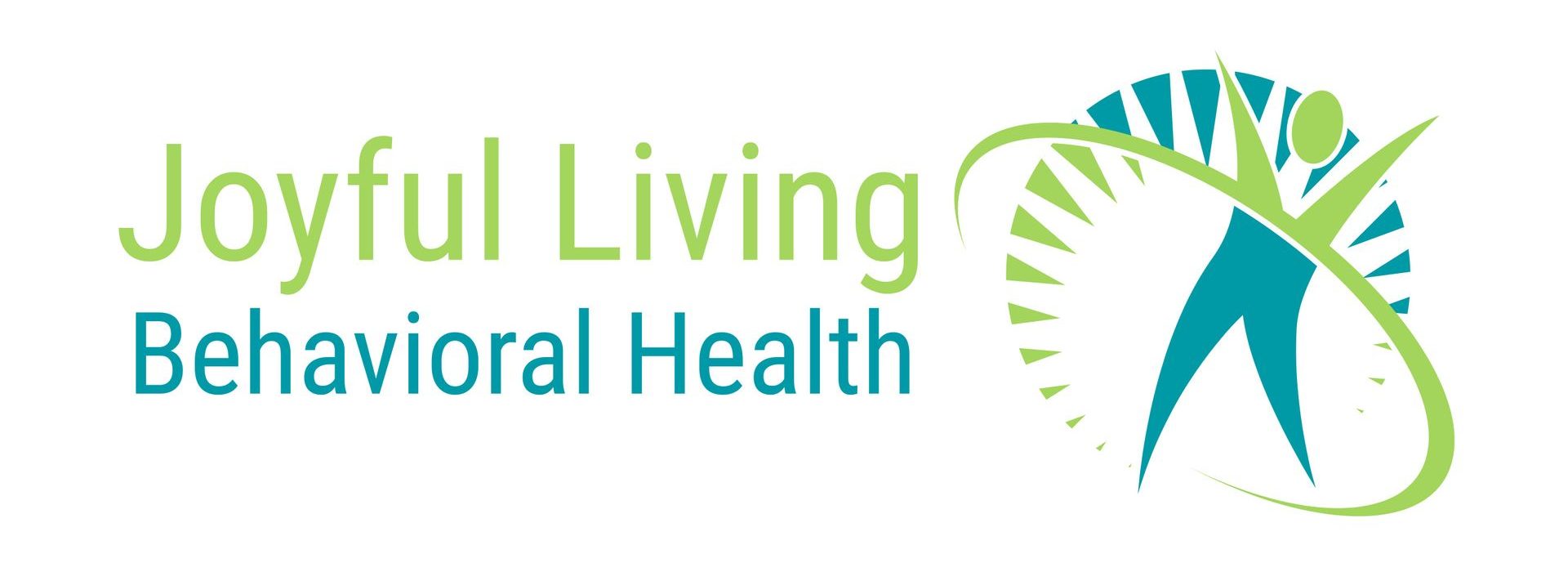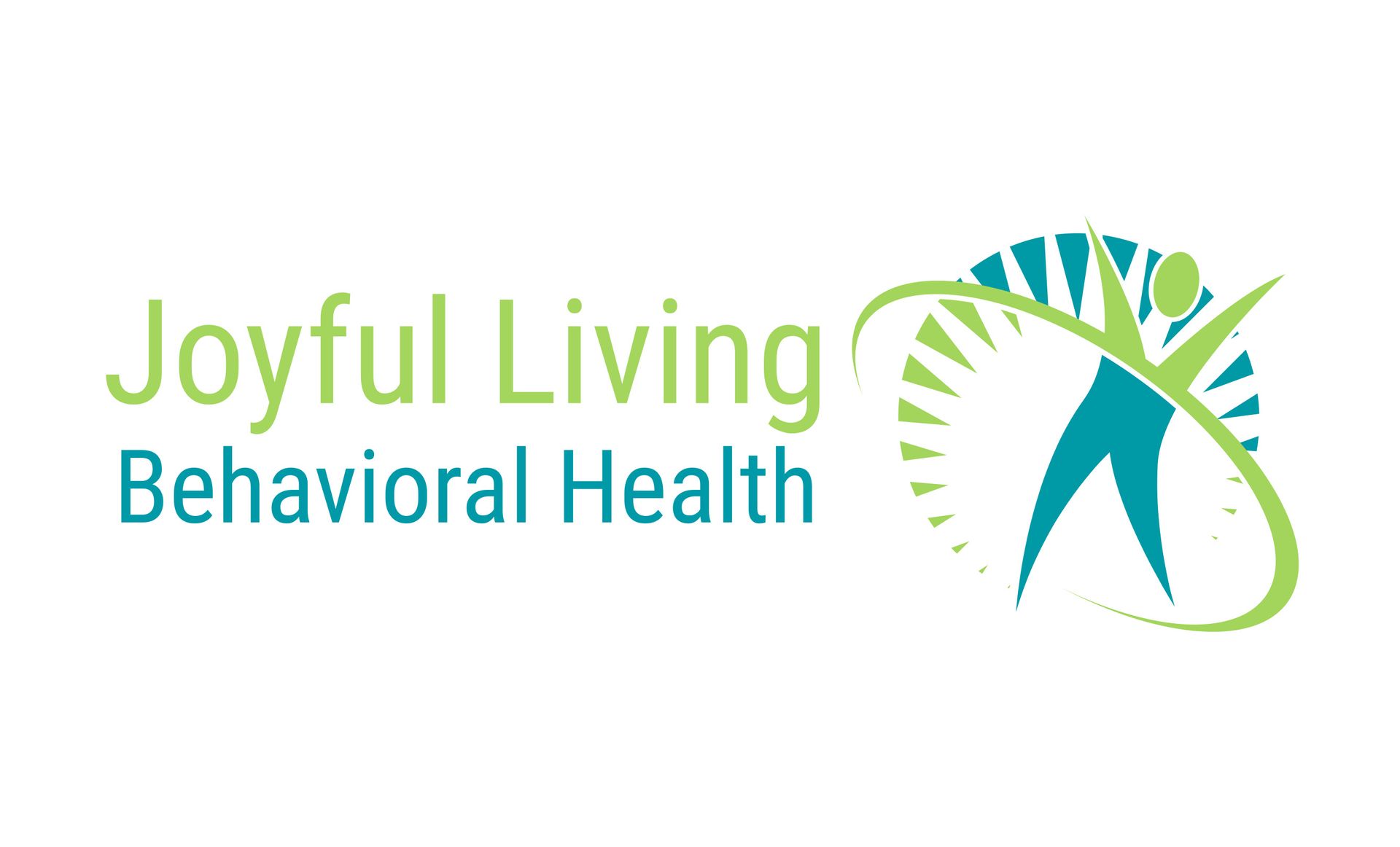Blended Family Harmony: Navigating Challenges with Family Counseling

Blended families, also known as stepfamilies, come with their own set of unique challenges. When two families merge, it often brings different parenting styles together, family traditions, and personal expectations. This can result in a dynamic that can be both rewarding and complex.
While the journey can be enriching, it also presents obstacles that can strain relationships. Family counseling can play a crucial role in navigating these challenges, helping create harmony and a cohesive family unit.
Is Professional Help Necessary?
While every family faces challenges, certain signs indicate that professional help may, in fact, be necessary if you want to overcome struggles and forge a stronger, healthier family dynamic. These include:
- Persistent conflict: Ongoing arguments and conflicts that do not resolve over time.
- Emotional distress: Family members experiencing significant stress, anxiety, or depression due to family dynamics.
- Behavioral issues: Children are exhibiting behavioral problems such as acting out, withdrawing, or academic decline.
- Communication breakdown: There’s difficulty in communicating effectively, leading to misunderstandings and resentment.
- Parental strain: You or your partner or spouse are feeling overwhelmed, unsupported, or at odds with each other.
Challenges Therapy Can Help Your Blended Family Overcome
Family therapy can help you and your whole family face and eventually overcome a range of different challenges. Some of the most common ones with blended families include:
Differing Parenting Styles
One of the most common challenges in blended families is the clash of differing parenting styles. Each parent brings their own set of rules, expectations, and disciplinary approaches, which can lead to confusion and conflict among the children. Establishing a unified parenting strategy that respects both parents’ perspectives while providing consistency for the children is essential but often difficult without guidance.
Loyalty Conflicts
Children in blended families may feel torn between their biological parents and their stepparents, leading to loyalty conflicts. They might struggle with feelings of guilt or betrayal if they grow close to their stepparent, causing emotional turmoil. These loyalty conflicts can strain relationships within the family and lead to behavioral issues.
Sibling Rivalry
Blended families often bring together children from different backgrounds and upbringings, which can result in sibling rivalry. Competition for attention and resources can be intensified in a new family setup, leading to friction and tension among siblings.
Establishing New Traditions
Forming new family traditions while respecting existing ones can be challenging. Each family member brings their own set of traditions and expectations, which can clash and cause misunderstandings. Finding a balance that honors everyone’s background while creating new shared experiences is crucial for family harmony.
Ways Family Counseling Can Support Blended Families
Family counseling provides a supportive environment where your blended family can work together to address your unique challenges and achieve harmony by:
Facilitating Communication
Effective communication is the cornerstone of any healthy relationship. Family counseling helps blended families develop open, honest, and respectful communication. You’ll learn tools and techniques to express your feelings and concerns constructively, reducing misunderstandings and fostering a supportive atmosphere.
Conflict Resolution
Counselors are also skilled in conflict resolution and can help family members navigate disputes constructively. They assist in identifying the root causes of conflicts, whether they stem from differing parenting styles, loyalty issues, or sibling rivalry, and work towards finding mutually agreeable solutions.
Building Relationships
Counseling focuses on building and strengthening relationships within the family. Through therapy, family members learn to appreciate each other’s perspectives, develop empathy, and build trust. This process is important for forming strong, lasting bonds in a blended family.
Establishing Roles and Boundaries
Clear roles and boundaries are essential for any healthy family. Counselors help blended families establish these roles and boundaries, ensuring everyone understands their place and responsibilities within the family structure. This clarity helps reduce confusion and conflict, creating a more harmonious home environment.
Find Out More About Family Counseling
Blended families can thrive with the right support and guidance. Let Joyful Living help with our family counseling services. Contact your office to make an appointment.

